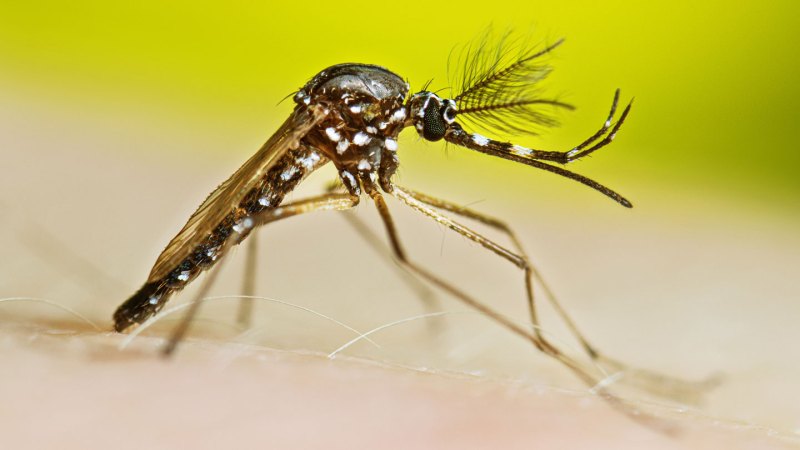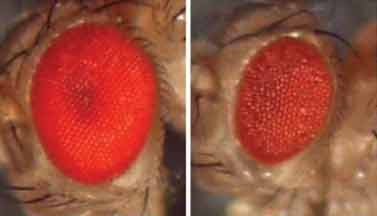
Male mosquitoes can be almost as bloodthirsty as females under certain conditions, a new study suggests. This overturns the notion that only female mosquitoes bite, drink blood and spread disease while males drink nectar.
The finding hints that men are not completely harmless and may play a small role in the spread of the disease.
Male Culex tarsalis AND Aedes aegypti mosquitoes, which aren’t usually interested in blood, will take blood meals when humidity is low and they can’t get sugar, the researchers report Oct. 8 in a preprint submitted to bioRxiv.org.
A graduate student in entomologist Jason Rasgon’s lab at Penn State noticed that some male mosquitoes sometimes fed on blood through a thin artificial membrane when the researchers lowered the humidity and took away their usual nectar meals.
Rasgon wanted to know if the desiccated males would try to draw blood from a person, so he stuck his hand into cages containing male mosquitoes. The hydrated males mostly ignored him, but the dehydrated males sat and probed his skin. One even bit him. “It barely penetrated the first layer of skin,” says Rasgon. “I was shocked [and] I didn’t expect this to happen.”
The male’s long tube-like mouthparts are unable to pierce deep enough to draw blood. But a scratch left by Rasgon’s cat, Jiji, allowed him to test whether men could get blood in a different way. Of course, dehydrated male mosquitoes drink blood from the open wound.
In another experiment, A. Egypt males genetically engineered to be unable to sense humidity did not take blood meals more often when humidity was low. These findings suggest that males may seek blood to quench their thirst.
A previous research study showed that blood is toxic to men Culex quinquefasciatus mosquitoes, and scientists thought that all male mosquitoes lacked the ability to digest blood. But in Rasgon’s experiment, the male fed on blood C. tarsalis the mosquitoes lived as long as those that did not receive blood, even a fraction longer.
in nature, A. Egypt is the main carrier of yellow fever, but can also spread Zika, chikungunya and dengue, while female C. tarsalis can spread West Nile, St. Louis encephalitis Louis and related diseases (SN: 26/8/24; SN: 6/2/15). Male C. tarsalis Mosquitoes can become infected with West Nile virus and produce infectious virus in their saliva just like females, researchers found.
Rasgon doubts that males are important spreaders of disease, but scientists should reconsider the idea that male mosquitoes do not feed on blood and should study whether, in rare cases, males may be able to spread viruses.
#Male #mosquitoes #suckle
Image Source : www.sciencenews.org


